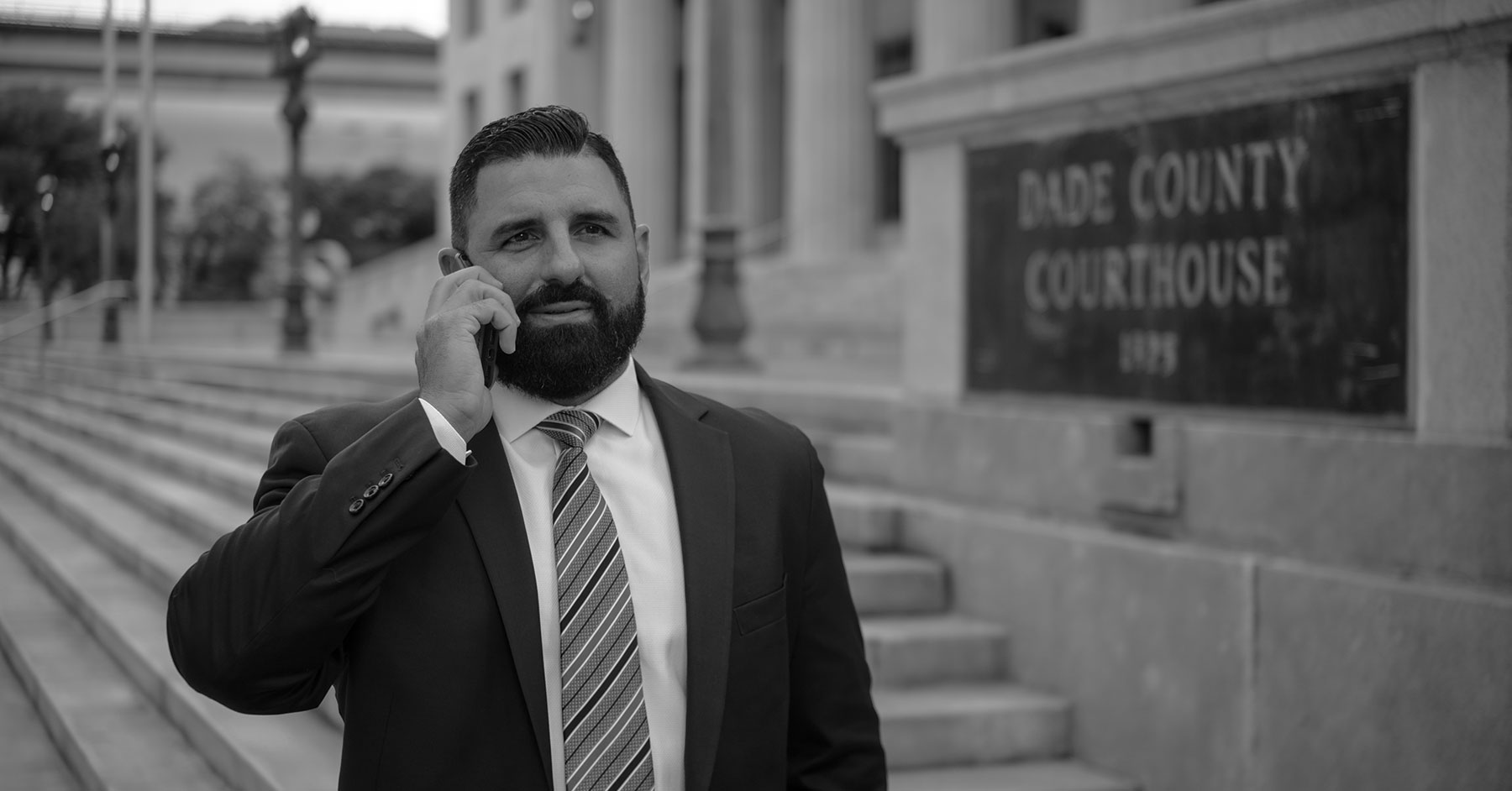Common Florida White Collar Crimes
Florida has long held the unflattering position of having among the highest number of white-collar crimes. While prosecutions nation-wide have dropped to their lowest numbers in more than 20 years (as of April 2018), the Southern District of Florida ranked only behind Manhattan in white collar crime prosecutions per capita, with a total of 254.
White collar crime is not defined by affluence, social status, or even occupation, but, according to the FBI, by “those illegal acts which are characterized by deceit, concealment, or violation of trust and which are not dependent upon the application or threat of physical force or violence. Individuals and organizations commit these acts to obtain money, property, or services; to avoid the payment or loss of money or services; or to secure personal or business advantage.”
Whether a white-collar criminal act is charged as a federal or Florida state crime usually depends on the type and scope of the crime. However, it’s also possible to face charges at both the state and federal levels.
In Florida, white collar crimes that are commonly prosecuted include the following:
Securities fraud
The Securities Act of 1933 prohibits “deceit, misrepresentations, and other fraud in the sale of securities.” Whether it’s called securities fraud, stock fraud or investment fraud, according to the FBI, it “covers a wide range of illegal activities, all of which involve the deception of investors or the manipulation of financial markets.” These practices include, among other things, Ponzi Schemes, Pyramid Schemes, and broker embezzlement. Typically, a securities fraud crime is prosecuted by the federal government, through the Securities and Exchange Commission (SEC), Florida law also prohibits fraudulent securities acts. On the federal level, conviction can carry up to 20 years in prison (the average is closer to two years) and fines of up to $5 million.
Insurance fraud
Florida has its own Bureau of Insurance Fraud, which is divided into five districts. They are the state agency responsible for investigating virtually all “alleged acts” of insurance fraud, except workers’ compensation fraud. Insurance fraud occurs when a party intentionally uses deception to receive benefits or money through an insurance transaction.
In Florida, “disaster fraud” is common. There were several notable schemes following Hurricane Irma involving falsified claims, where forged documents were submitted for damage in which the repairs were never done. These types of scams were perpetrated by both property owners and contractors. Other types of insurance fraud crimes include life insurance, arson, disability, auto accident and commercial insurance fraud. Insurance fraud may fall under federal jurisdiction, where it is vigorously prosecuted, with punishment that includes steep fines and substantial incarceration.
Health care fraud
In September 2019, the Department of Justice charged 67 individuals in Florida and Georgia for schemes to defraud Medicare and Medicaid through fraudulent billing. The accused include physicians and other business and medical professionals. If convicted, they will lose their professional licenses, be required to make restitution, serve a jail or prison sentence and face fines of up to $250,000 (or $500,00, if an organization). In addition to fraudulent billing, health care fraud crimes include obtaining prescription pills and selling them on the black market, and giving or receiving kickbacks for referrals. Aside from medical professionals, insured persons may be guilty of insurance fraud for falsifying information on applications for services or programs, selling prescription drugs or using transportation benefits for non-medical uses.
Mortgage fraud
The housing and financial crisis of 2007-2008 was fueled in part by mortgage fraud. An FBI report from 2008 states that “while the amount of mortgage fraud cannot be precisely determined, industry experts agree that there is a direct correlation between fraud and distressed real estate markets.” That same report states that Florida had one of the highest rates of mortgage fraud in the U.S. Mortgage fraud continues to be a problem and is aggressively investigated and prosecuted. Under Florida law, mortgage fraud is the act of:
- Intentionally misstating, misrepresenting or omitting information with the knowledge that the information will be relied on by a mortgage lender, borrower or other entity involved in the mortgage process
- Receiving funds in connection with the process the person knew was a violation
Embezzlement
Embezzlement is a financial crime that may be charged under Florida or federal law. It is the intentional theft or misuse of money or assets from a company, business or organization by a person in charge of or who has access to the money for the purpose of managing or using the assets for the benefit of the owner or the company.
Often, embezzlement starts out small and grows over time, making it more difficult becauase the company doesn’t catch on. There may also be an intent by the embezzler to return the money; however, even if the funds are returned, it’s still a crime. In Florida, embezzlement may be charged as either petit theft or grand theft, and can be either a misdemeanor or felony crime. Penalties range from imprisonment for up to 60 days and fines of up to $500 to a prison sentence of up to 30 years and fines of up to $10,000.
Don’t let a white-collar crime charge ruin your life
Convictions for these types of acts can cause you to lose your professional license, your standing in the community, your relationships with friends and family and cause significant financial losses. To discuss your situation, please call our Florida White-Collar Crime Attorney at (305) 403-7323 or contact us online to schedule a consultation.

